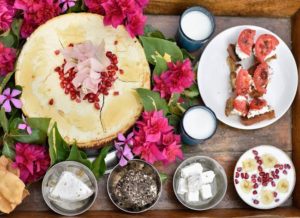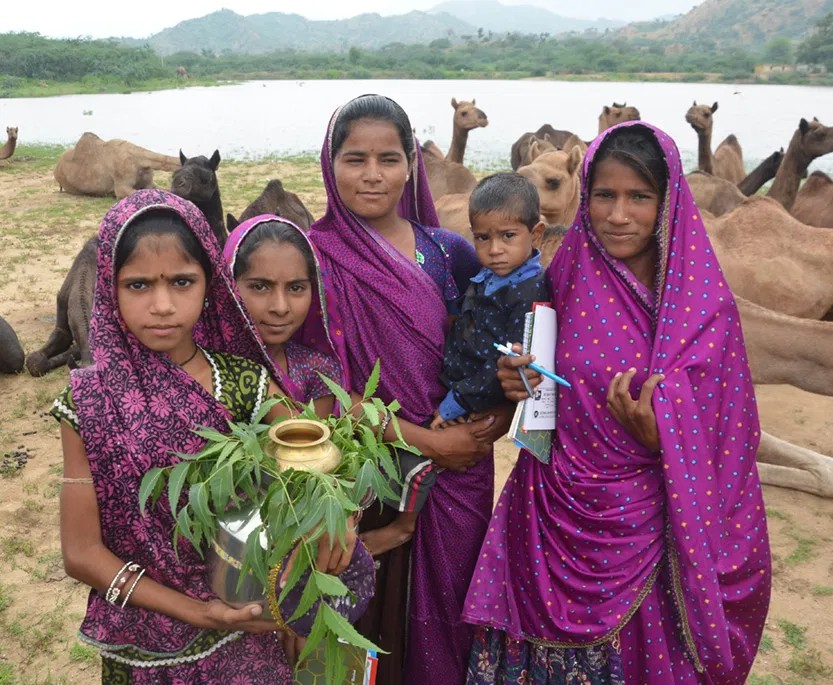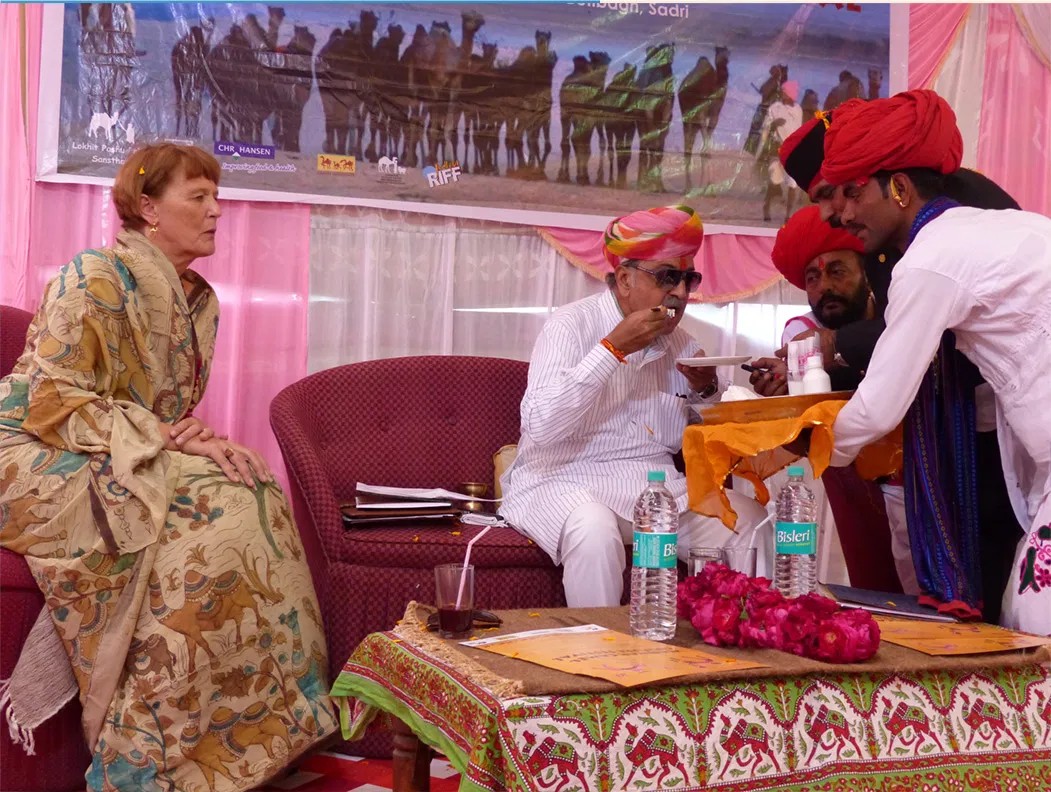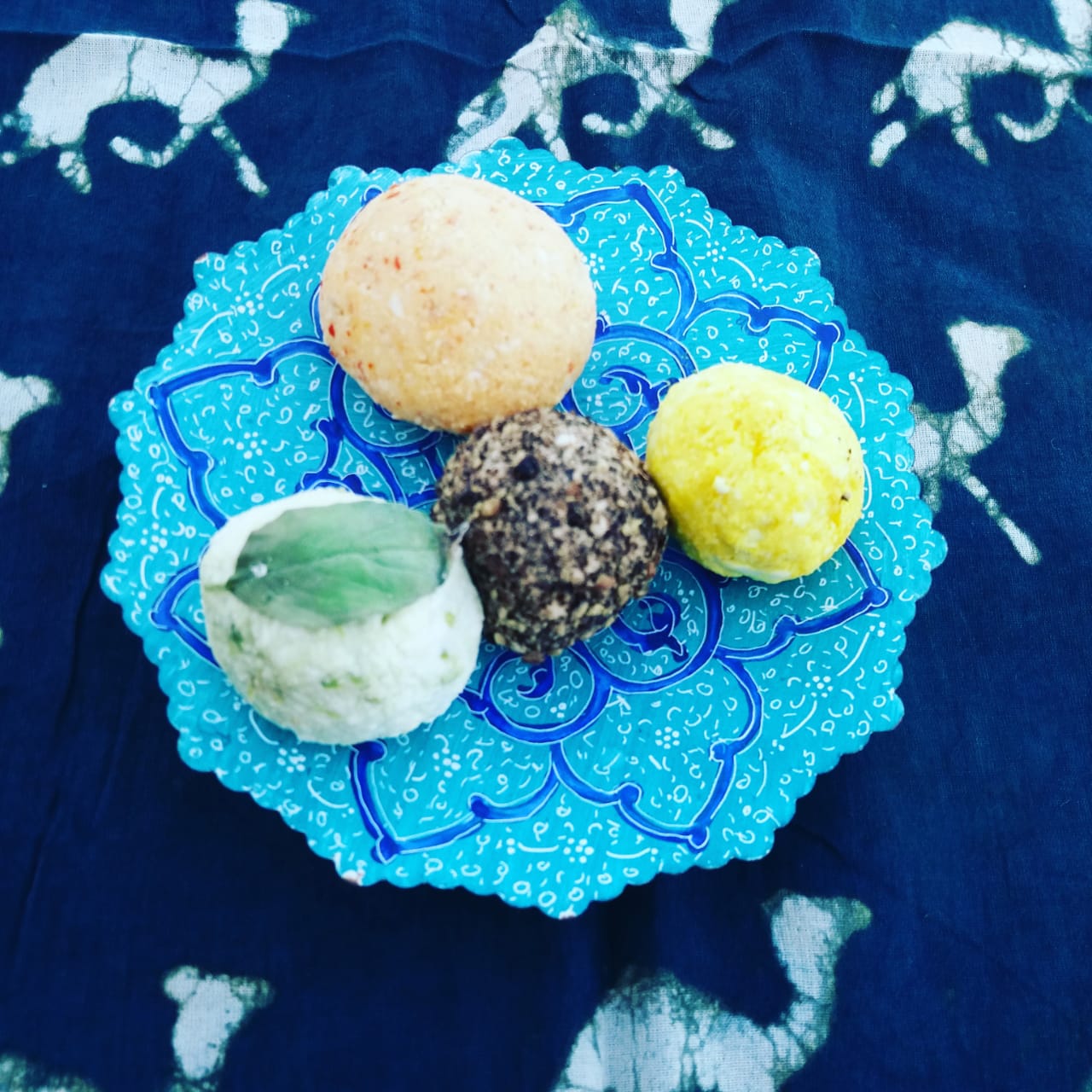Entrepreneurs Speak Enterprise
Camel Milk Cheese – White Gold from the Thar Desert
November 26, 2020
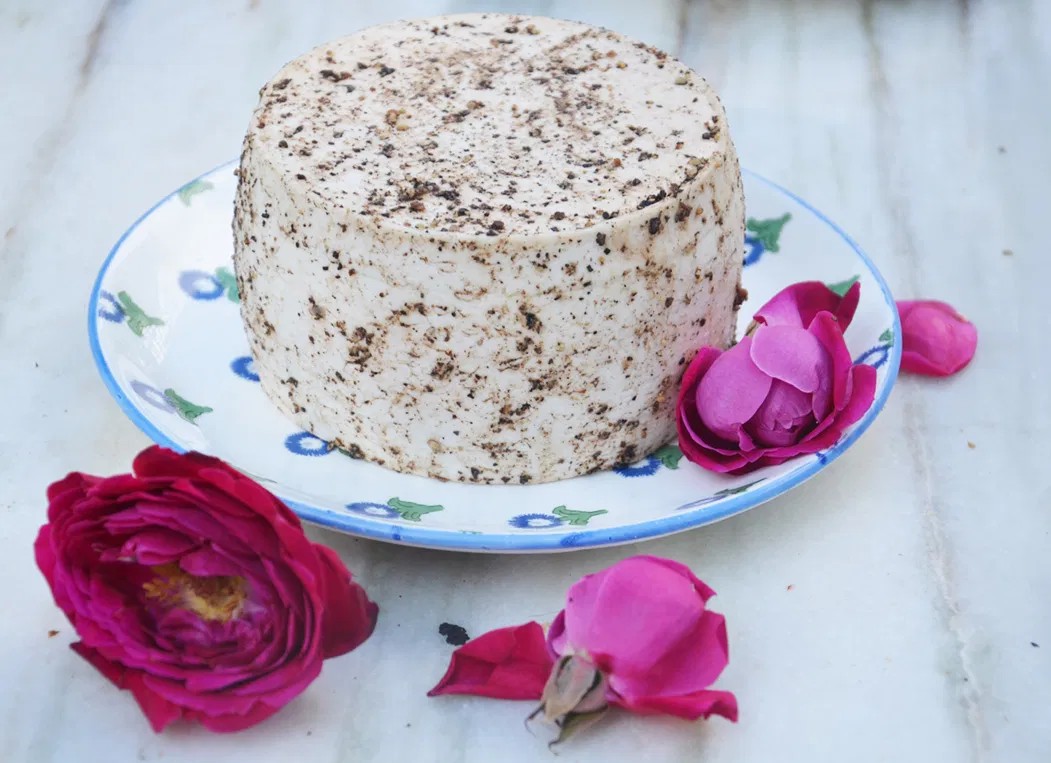
In the Aravalli hills lies a dairy of a different kind – Camel Charisma, which markets gourmet quality camel milk from free-ranging camels. Farming camels for milk, cheese and other products can be an environment-friendly and climate-sensitive enterprise. Camels are heat-tolerant, easy to maintain and they forage on prickly bushes and hardy grasses avoided by other livestock. They are free-ranging foragers that do not need special setups like some other livestock.
Camel Charisma’s dairy is located near the historical Kumbhalgarh fort. It is the brainchild of Isle Köhler-Rollefson who was drawn to camels after encountering herders in Jordan and then came to India while doing her doctorate in socio-economics and management systems of the camel – driven economies. She was fascinated by the relations of camel herders like the Raikas with their livestock and the pastoral lifestyles that are fast disappearing. At the farm, she says, “the camels are kept in high welfare systems and browsing on 36 botanicals with ayurvedic properties. The milk is shipped frozen to health-conscious customers all over India’’. At this farm, they have developed a range of unique cream cheeses in 4 flavors as well as feta marinated in oil and Mediterranean spices using camel milk. They have also launched camel milk-based sweets, “We have created Camel Caramel Sauce which is readied for the market’’, she says.
She started Camel Charisma in 2010 with Hanwant Singh Rathore of Lokhit Pashu Palak Sansthan (LPPS) which works closely with Rajasthan’s camel pastoralists. The camel dairy was set up as an outcome of a project by LPPS to revive Rajasthan’s camel husbandry for creating sustainable rural livelihoods in semi-arid and arid areas, as well as creating job income opportunities for the local communities.
She says, “the purpose of Camel Charisma is to provide economic incentives for camel breeders to continue keeping camels for their livelihood and to contribute to the sustainable management of the Thar Desert and conserve this biodiversity-rich agro-ecosystem’’. Over the last couple of years, a range of products have been developed from camel milk, camel wool and camel dung. “ Our products are all-natural, environmentally friendly and hand-crafted by the local Rajasthan communities. A unit to produce “biocultural paper” has been established on the LPPS campus and has just begun production, she says, “we have also just established a new unit to process camel wool, which will be able to provide job opportunities for the local women in Sadri, Rajasthan. We are constantly striving to create a positive social impact throughout our works’’.
Hanwant Singh says that camel milk products are very economically viable if the market is sufficient to support the production. “The problem we face is the need for more expertise and skills to make products like camel cheese.
We have been successful in producing camel milk feta, halloumi and five types of cream cheese’’, he explains, adding, high-end hotels and heritage hotels are our target markets as are direct consumers who are ready for gourmet and specialty products. The camel milk has less fat or cholesterol than many other milks, and is rich in many nutrients that are important for overall health.’’ He says developing camel milk products and building a market for them can benefit thousands of people, especially pastoralists who are now in danger of losing their profession to reducing grazing pastureland and general apathy’’
He believes that the government of states like Rajasthan and Gujarat can do much for the camel pastoralists by giving them grazing rights and establishing a camel milk marketing board. Brands like AMUL have also launched camel milk and its products. Hanwant says, “if brands like these can buy regularly, it will make a big difference to the livelihood of India’s camel herders’’.
